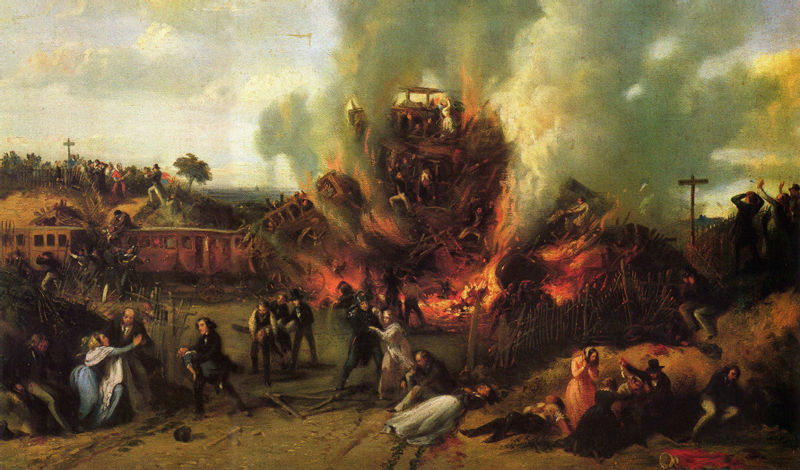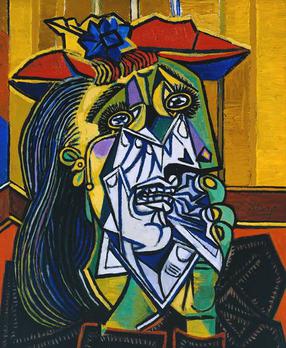“I don’t want to be at the mercy of my emotions. I want to use them, to enjoy them, and to dominate them.”
Oscar Wilde, 1890, The Picture of Dorian Gray
We forget how all-consuming an emotion can be, until we completely lose the run of it.
Like a train speeding down the track, it’s a hard animal to stop. Its catalyst needn’t be anything big, it can be something small that fires up the engines; a particular person, a movement, a word, perhaps a memory. It begins off smouldering and grows under our attention. As we indulgently brood over our emotions, we are, like the firemen of days gone by, shovelling coal into the flames, fuelling the fire. As the fire grows, the train speeds faster and faster, and the harder and harder it is for us to stop. Whilst we’re in this form, every person we meet is a passenger on the train, and consequently victims of combustion. We could very easily get lost trying to explain and understand every emotion we feel and why we feel it. Instead, lets look at one pragmatic way of curbing the burning train.
“For there are moments in life, when the heart is so full of
emotion,
That if by chance it be shaken, or into its depths like a pebble
Drops some careless word, it overflows, and its secret,
Spilt on the ground like water, can never be gathered together.”Henry Wadsworth Longfellow, 1858, VI, Priscilla, The Courtship of Miles Standish

When emotions take over, they tend to make us slightly pitiful around the edges.
For some reason, we turn into toddlers who are furiously intent on our feelings while making very little sense. If we know that this frenzied irrationality can be part of us, we must develop its opposite. When a toddler begins to lose their senses and get lost in tempestuous sentiments, the parent steps in and puts on the breaks. Have an internal conversation, as a parent, to a child. Question yourself. What are you doing? Are you going to let this control you? Takeover you? What is the reasonable reaction here? It’s not easy to come down from heightened emotions, but the more we practice this dialogue, the stronger that part of us becomes. The stronger it becomes, the better we can control our emotions.
“One should hold fast one’s heart; for when one lets it go, how quickly does one’s head run away!”
Friedrich Nietzsche, 1883-1885, Thus Spoke Zarathustra
A lot of people mistakenly believe that controlling emotions means subduing them.
Trying to bury emotions is dangerous and ultimately pointless. What we’re talking about, is feeling our emotions, but controlling their effects and managing their expansion. We know that we don’t make good decisions or behave in a way we can be proud of under the influence of extreme emotion. We need to always feel them, but knowing their destructive potential, we need to be their guardian. The voice of reason will get louder and louder and soon, we will be able to put out fires and bring a halt to runaway trains.
“It matters not how strait the gate,
How charged with punishments the scroll,
I am the master of my fate:
I am the captain of my soul.”William Ernest Henley, 1908, Echoes of Life and Death;




